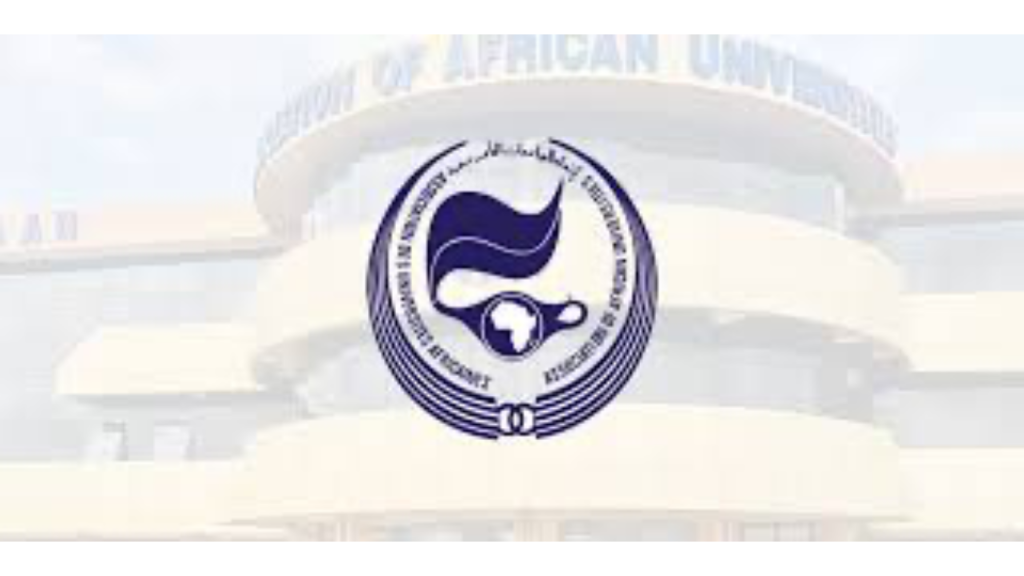- Over 373 universities from 46 African countries collaborate under AAU to improve education quality and relevance.
- AAU strengthens leadership, research, and institutional capacity to meet both continental and global higher education challenges.
A continental network for higher education
The Association of African Universities (AAU) was established in 1967 and has since developed into a strong network that links universities throughout Africa. With its headquarters located in Accra, Ghana, AAU offers a forum for cooperation, information exchange, and policy development. Its members collaborate to improve postgraduate training, research, curricula, and quality assurance, assisting universities in effectively meeting Africa’s developmental needs.
Also read: ABT World: South African ICT innovator
Also read: NIGCOMSAT Driving Satellite-Powered Digital Inclusion in Nigeria
Strengthening institutions and leadership
The activities of AAU extend beyond networking. It gives university leaders the means to enhance institutional efficacy, administration, and governance through forums, training courses, and workshops. growth on decades of prior work, its current strategic plan (2024–2030) emphasizes innovation, cooperation, and member institution capacity growth.
Innovation, inclusion, and impact
AAU promotes equity, openness, and cooperation among its member universities in addition to scholarly cooperation. It gathers and disseminates vital information about higher education so that colleges can make wise choices. AAU guarantees that African universities not only achieve academic success but also favorably impact local communities and the socioeconomic development of the continent by promoting professionalism and inclusivity.
Addressing challenges in African higher education
The demands on African colleges are increasing due to a lack of funding, changes in technology, and the desire to compete globally. In order to close these gaps, advance research, foster collaborations, and facilitate policy discussions, AAU is essential. Through its efforts, the organization makes sure that, in a world that is changing quickly, African higher education is developing, adapting, and thriving.

